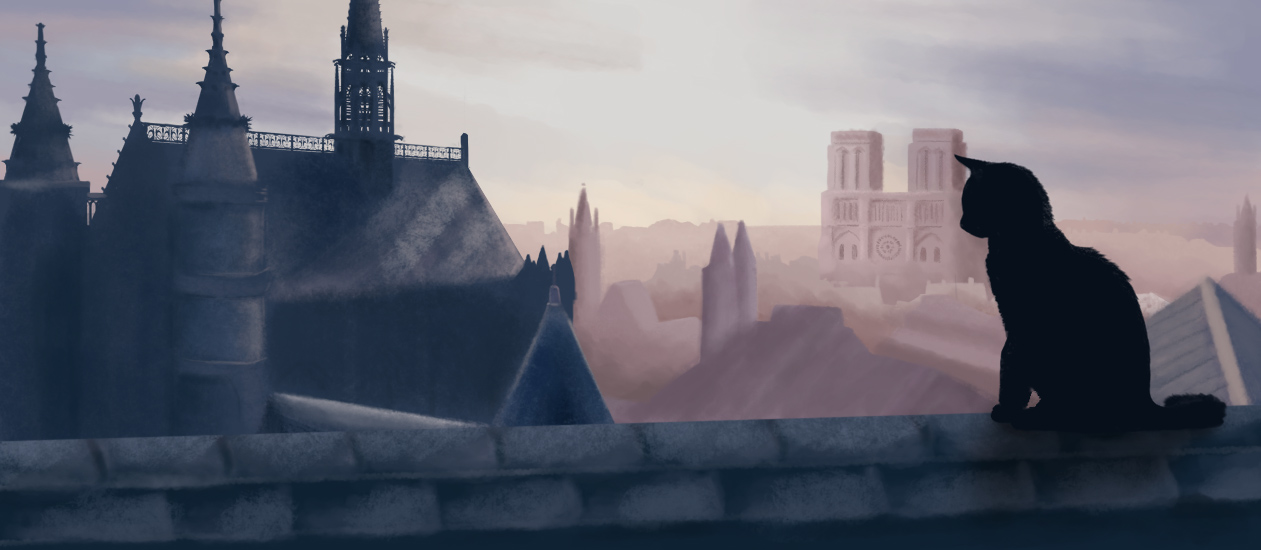Sortism
The idea of Fate being its own entity unconnected to the Abrahamic god is not new. The belief in a personified entity that controls fate separate from God is called Sortism and has been around since before Christianity. Early Jewish scholars debated the subject regularly, with the majority consensus being that God controlled the Grand Tapestry and there was no other force at work.
In the early years of Christianity, with the influx of new Christians bringing new ideas, sortism - the belief in a distinct entity controlling fate - reappeared. There were two main ideas:
- Fate is an aspect of God. The Holy Trinity was actually a Holy Quartet, with Fate being the 4th component
- Fate is a distinct personality. This could be an angel given a certain task, or some other divine being in service to god.
Both of these ideas were in the minority, and were discussed at the Council of Ephesus in AD 431. During the council, the belief in Fate as part of a Holy Quartet conceded to the majority and agreed that controlling fate was something God did, but not a distinct manifestation of Him.
The other belief, however, refused to yield. The majority accused them of proposing polytheism by attributing the divine power of controlling destiny to anyone else. A compromise was unable to be found, and Sortists broke off from the main Christian church. These Christians formed a sect of their own, primarily located in eastern Europe. Sortism was declared heresy by the majority, and proposing it was grounds for excommunication going forward.
Sortism remained a small minority, barely spoken about, for several centuries. The next time it emerged, it had an even more heretical addition. Upon his death, Leonardo da Vinci made it his goal to acquire writing from God - Babelian - to enable future Alzamatrists more control over pathstones. He delivered a book filled with writing to his apprentice, Francisco Melzi, along with information (Melzi claims to have drunk Ghost Vine tea to enable this final conversation with his master).
"I did not steal this notebook from God," my master said to me. "I stole it from another. Her study was filled with the most marvellous of contraptions."
The idea of Fate as a distinct person - a woman - spread after that, though never gaining huge traction. It was commonly believed that da Vinci was a little loopy and conversations while drugged on ghost vine are not always reliable. Both the Catholic and Arbitrium churches declared this belief heresy and refused to tolerate it.
During the Age of Enlightenment, two main branches of Sortism gained steam.
Deistic Sortism
Sortism combined with Deism. God created the universe, and one of the things He created was Fate. God remains hands off and uninvolved with creation while Fate runs history and controls the turn of events.
- N.B:
Asapient Deism also exists, and denies the existence of Fate as an intelligent entity. Asapient Deists believe that fate is a natural process created by God in the beginning, and has no conscious guiding hand.
Atheistic Sortism
This is the belief that there is no god, only Fate. Fate is a sapient entity that emerged out of the universe in the same manner as life, and now controls the course of events. Atheistic Sortists do not see Fate as a god; she did not create the world and she does not need, desire, or deserve worship. (Pure atheism, of course, also exists but is exceptionally rare).


